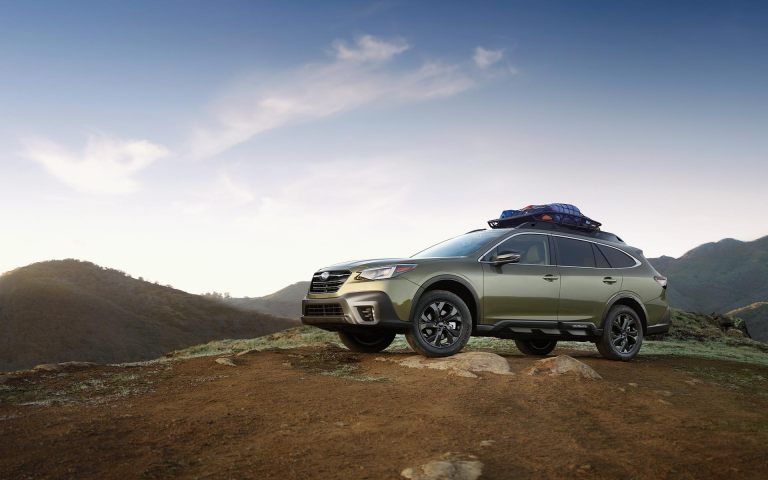
Hauling the World: The Remarkable Evolution of Trucks
Introduction
Trucks, those powerful workhorses of the road, have played a pivotal role in shaping the modern world. From the early days of steam-powered wagons to the sophisticated, high-tech machines of today, trucks have revolutionized transportation and commerce. This article explores the fascinating history, diverse types, and enduring impact of trucks on our daily lives.
Chapter 1: The Dawn of Trucking
Trucks, in one form or another, have been around for centuries. However, the true birth of the modern truck can be traced back to the late 19th century. In 1896, Gottlieb Daimler introduced the world’s first truck, powered by a gasoline engine. This invention laid the foundation for the transportation revolution that would follow.
Chapter 2: The Pioneers of Truck Manufacturing
Several pioneers in the early 20th century, including companies like Mack Trucks and International Harvester, began manufacturing trucks on a larger scale. These rugged vehicles were initially used for military purposes and transporting goods over challenging terrains. As time passed, trucks evolved to accommodate various industries and purposes.
Chapter 3: Types of Trucks
Trucks come in various shapes and sizes, each designed for specific tasks:
- Semi-Trucks (Tractor-Trailers): These giants of the road transport goods across long distances, using a combination of a tractor unit (front cab) and a trailer.
- Pickup Trucks: Versatile and widely popular, pickup trucks are used for personal transportation, as well as for hauling cargo and towing.
- Dump Trucks: Designed for heavy-duty hauling and construction work, dump trucks feature a hydraulic system for unloading cargo.
- Box Trucks: Enclosed box trucks are often used for transporting cargo that needs protection from the elements.
- Refrigerated Trucks: Fitted with cooling systems, these trucks transport perishable goods, such as food and pharmaceuticals.
Chapter 4: The Backbone of Commerce
Trucks are the lifeblood of commerce and supply chains worldwide. They play a critical role in transporting raw materials to factories, delivering goods to retailers, and ensuring that products reach consumers. Without trucks, the global economy would grind to a halt.
Chapter 5: Challenges and Innovations
The trucking industry faces several challenges, including fuel efficiency, environmental concerns, and driver shortages. In response, innovations like electric trucks, hydrogen-powered vehicles, and autonomous driving technology are being developed to address these issues.
Electric trucks, for instance, offer the potential for reduced emissions and operating costs, while autonomous driving technology aims to improve safety and efficiency on the road.
Chapter 6: The Future of Trucking
The future of trucking promises exciting advancements. Electric and autonomous trucks are expected to become more commonplace, revolutionizing the industry’s sustainability and efficiency. Connectivity, data analytics, and predictive maintenance will also play a significant role in optimizing trucking operations.
Conclusion: The Wheels that Keep Turning
Trucks are not just vehicles; they are the wheels of commerce, the gears of industry, and the backbone of our modern world. From delivering packages to stocking grocery store shelves, trucks are a constant presence in our daily lives. As technology continues to advance, trucks will evolve, becoming cleaner, smarter, and more efficient. Yet, their fundamental role in transporting goods and shaping our society will remain constant, ensuring that they continue to be the driving force behind our global economy.







